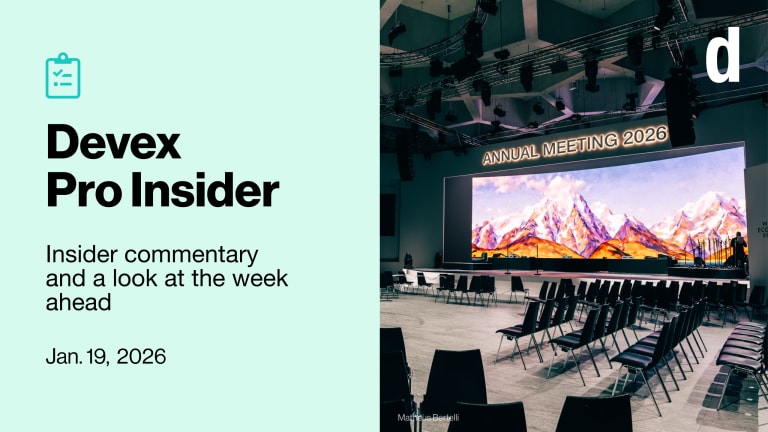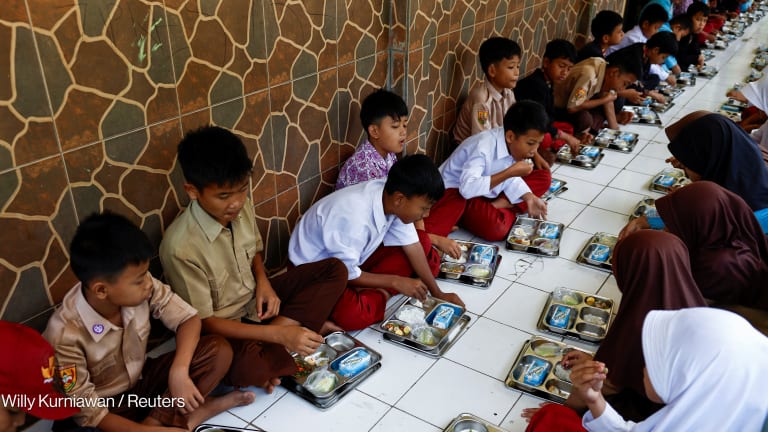Davos, Switzerland — World Bank President Jim Kim is bullish on the opportunity for grant-making institutions such as the Global Fund to use a little financial engineering to make health and development dollars go farther.
Speaking at a breakfast event Thursday at the World Economic Forum in Davos, Switzerland, Kim made a pitch to global health donors, asking them to consider channeling their funds through the Global Financing Facility for maternal and child health, which promises a four to five time multiplication effect for the money it receives. By de-risking investments for the private sector and allowing countries to access low-interest financing, the GFF makes it attractive for countries to take World Bank loans for health projects — and to spend more of their own money on those projects.
Kim thinks more donors should use it.
Read more on our coverage of the World Economic Forum:
► Coalition for Epidemic Preparedness Innovations launches in Davos
► Pharmaceutical companies launch new initiative to tackle NCDs
► China could gain clout if US backs out of climate commitments, experts say
► How this tech startup drew the attention of Gavi, Gates and Google
► Q&A: Plan International CEO on legitimacy in a moment of populism








